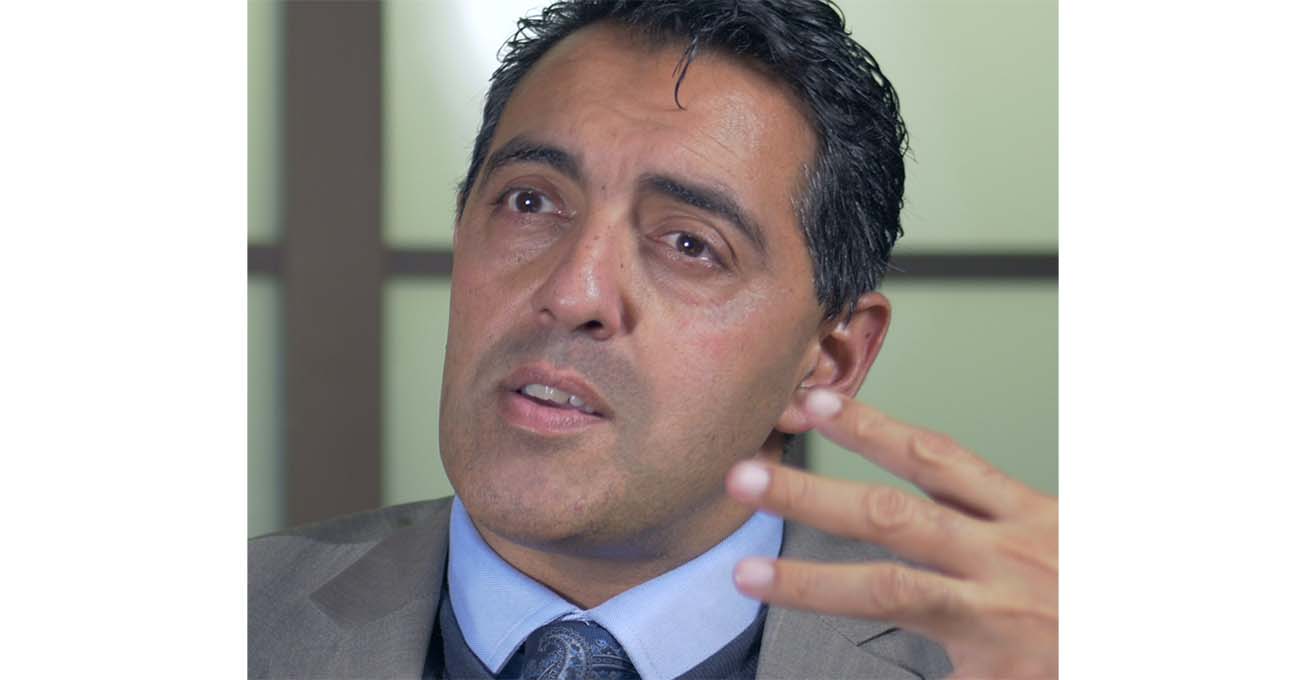The head of an award-winning Derbyshire creative agency has shared top tips to families preparing to give children their first mobile phone at the start of the Autumn term.
With 91 per cent of UK 11-year-olds owning their own smart phone, the start of the new academic year is a time when millions of UK families will be giving children their first mobile device.
Young people going up to secondary education will very often be boarding a school bus for the first time, and parents often see this as a time when they should have their own phone.
Anna Hutton, director of communications and behaviour change for award-winning Derbyshire creative agency MacMartin – a company she co-founded with her sister Claire MacDonald – has delivered workshops to many secondary-aged children in schools with the aim of helping teenagers take back control of their social media.
The agency has now pivoted to focus on working with not-for-profit organisations, charities and schools to deliver behaviour change marketing that is aimed at inciting positive changes in society.
Now Anna, whose work in digital marketing involves a deep level of technical knowledge about how social media works, has shared some advice for parents who are getting their children their first mobile phone.
In 2023 US surgeon general Vivek Murthy added his powerful voice to mounting concerns on social media use amongst teens, issuing an advisory that it poses a threat to their mental health.
Over-use of social media and destructive content has been cited as a cause of many ill-effects on young people, including disrupted sleep and a feeling of exclusion brought on by over comparison with others.
Anna said encouraging parents to have a positive conversation about their child’s mobile phone when handing it over could help resolve many future issues.
She said: “When we’re handing over a mobile phone to our children we’re giving them so much more than just a communications device. It’s really important for parents to be aware of the power of their child’s mobile phone, but also for families to maintain an open dialogue. Secrecy and mistrust can easily build up and allowing lines of communication to stay as open as possible will give you the best start.”
Anna’s top tips are:
1 – Before you hand over the phone, ‘lock it down’ with access only to age-appropriate features and link to a parent phone.
2 – When handing the phone over, sit down with your child to set boundaries together. By including your child in the decisions and boundary-setting about their phone, they will feel a part of the decision-making process and are more likely to feel positive about the boundaries set and respect them.
When setting boundaries, consider the following: what apps will you allow? Do you want to set a limit on how much time your child is allowed on their phone each day? Think about setting timers on certain apps. Will you allow your child their phone in their bedroom at night? At MacMartin, we would recommend it is kept out of bedrooms. Also, what are the privacy boundaries on a child’s phone within your family? Is the phone private or have parents the right to read or access content on the child’s phone?
3 – Before you talk to your child about boundaries, think about going into the conversation armed with positive role models for their age groups. Perhaps ask other parents with children the same age, or check on parent chat groups online, if you’re stuck for ideas. Marcus Rashford, the footballer who championed free school meals, is a great example. At MacMartin we see how much social proof is a strong driver of behaviour, so it’s good to know who your children will look up to.
4 – Make phone use conditional on some online safety training. There are lots of good resources and toolkits online and your child’s primary school may well have provided some too, via the local council.
5 – If you’re allowing your child social media, check the age restrictions. Most are 13+ for a good reason! There is some good info on Young Minds about social media and mental health if you’re not sure. Be aware some social media apps allow the user’s geographical location to be visible, so check if this can be disabled.
6 – Remind children that everything posted online will never disappear. Once it’s out there, it’s out there. A good rule of thumb is never to post anything they would not show a family member.
7 – Being joined into social media groups at the start of a new term can be overwhelming for young people who suddenly find themselves inundated with messages. Remind them it’s perfectly fine to politely ask to leave a group. You don’t have to be friends with everyone.
For more, see www.macmartin.co.uk.







